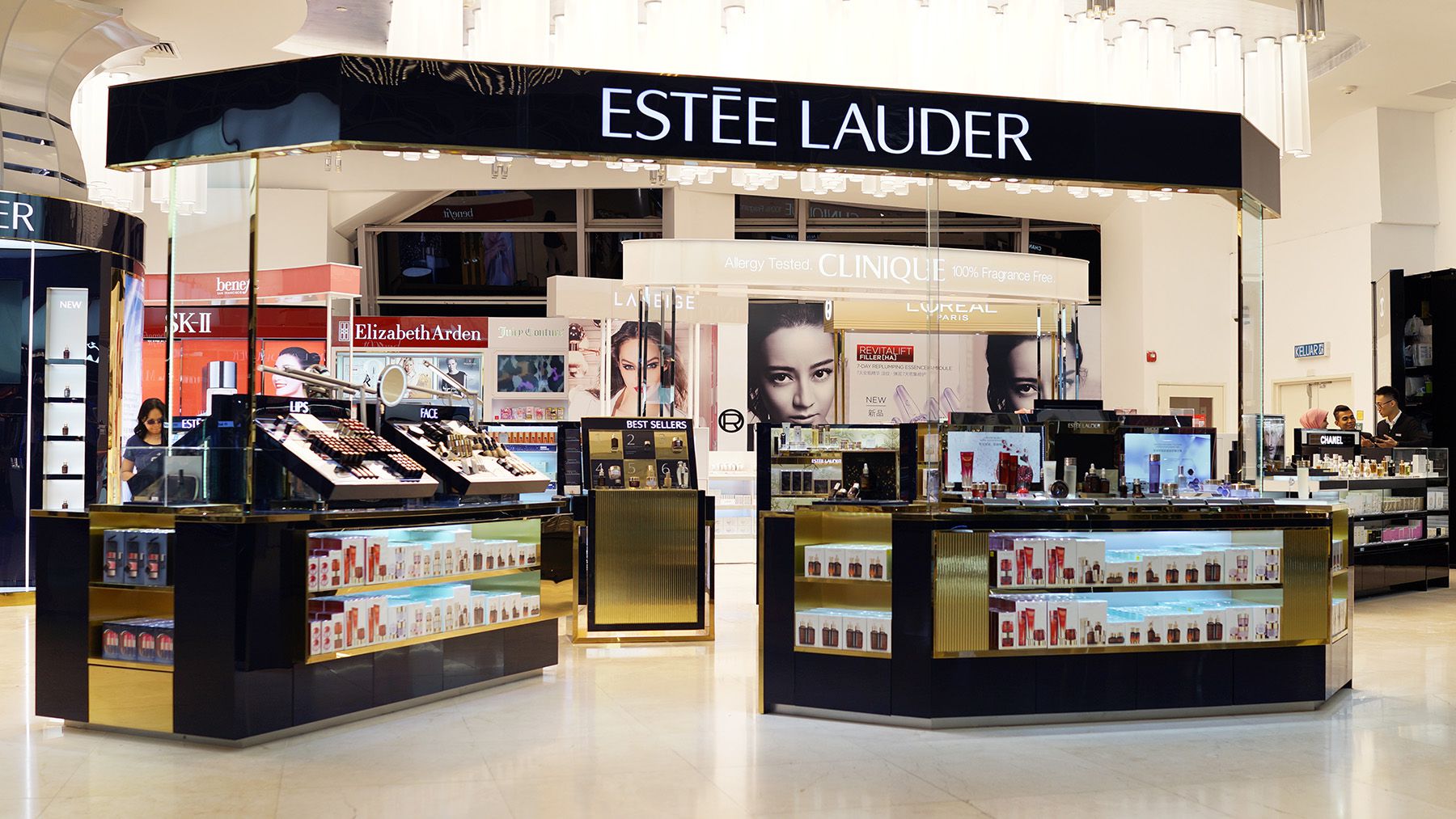
For a company that owns the likes of Mac Cosmetics, Clinique and Bobbi Brown, Estée Lauder Companies’ financial results of late have been anything but pretty.
A 10 percent year-on-year decline in net sales, a 16 percent profit decrease and the fourth downward revision to its fiscal outlook were announced in Wednesday’s first quarter 2024 results. The company’s stock plunged by 19 percent to a six-year low; it has slumped 60 percent this year.
These results mark the fifth straight quarter of declines for ELC; a situation that has prompted unfavourable comparisons with competitors L’Oréal and Coty, both of which have weathered recent headwinds better. All three struggled during the pandemic, but ELC’s recovery since has been patchy. When it comes to the why, ELC chief executive officer Fabrizio Freda and Wall Street have largely been singing from the same hymn sheet: travel retail.
ELC has a heavy presence in airports and other travel retail hotspots, representing some 29 percent of sales. Up until the pandemic, that was a boon, but now, slower-than-expected recovery, especially in important regions of Hainan and South Korea, has greatly affected the business, with underwhelming demand forcing many retailers to right-size inventory.
In the last quarter, the biggest loser by category was skin care. Net skin care sales declined 21 percent, which the conglomerate again chalks largely up to travel retail.
Dampened demand for prestige beauty in Asia is another concern. Despite a portfolio of over 20 brands, ELC is a pure prestige player, with the exception of affordable skin care label The Ordinary, and luxury spending has taken a hit as of late. The Ordinary, meanwhile, represents a continued bright spot for the company, growing in “strong double digits globally.”
Compared to peers, ELC’s lack of market share in mass beauty is stark: L’Oréal-owned drugstore brands Cerave, La Roche Posay and Vichy continue to drive impressive growth for the French conglomerate, while the affordable cosmetics lines Maybelline and L’Oréal Paris are enduringly popular.
Still, ELC is seeing growth in many regions, including the Americas and other parts of the Asia Pacific region, namely Japan, Hong Kong and Australia. Analysts point to ELC’s outright acquisition of the Tom Ford business last year as a savvy move because it now owns a valuable beauty licence in perpetuity. Freda said in a statement that the company intends to rebuild profitability to benefit fiscal years 2025 and 2026. While inflationary pressures are yet to abate on a global scale, there is some reason to be optimistic: It was ELC chairman emeritus Leonard Lauder who came up with the concept of the “lipstick index” – the idea that in hard times, people shop for beauty.



